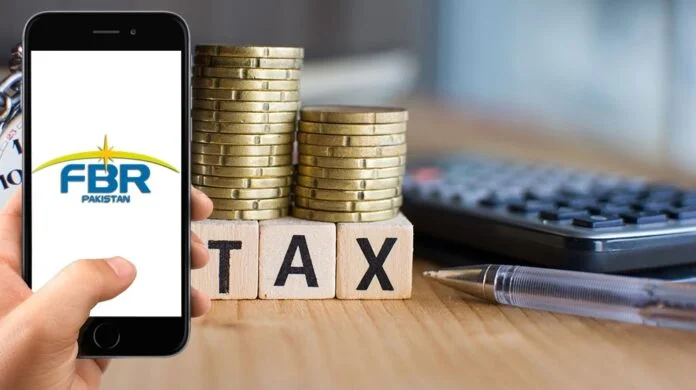Lahore, April 12: In a significant shift aimed at bolstering the nation’s economic momentum, the government is reportedly considering a reduction in the corporate tax rate for the fiscal year 2026.
This potential tax cut appears to be part of broader fiscal reforms designed to stimulate investment and enhance competitiveness in both domestic and international markets.
A Closer Look at the Proposed Tax Cuts
According to recent reports, the government is examining its current tax structure to identify opportunities for relief.
The proposal to reduce corporate tax marks a deliberate attempt to make Pakistan more attractive to both local businesses and foreign investors.
By lowering the tax burden, companies could have more capital for reinvestment, innovation, and growth. Analysts suggest that such a move could also help address issues related to competitiveness and ease of doing business.
Economic Implications and Business Benefits
Lower corporate taxes can have a far-reaching impact on the economy. Businesses often pass on savings in the form of increased investment in operations, research and development, and workforce expansion.
A well-calibrated tax cut might spur a cycle of growth, leading to job creation and enhanced productivity.
Moreover, proponents argue that reducing the corporate tax rate could position Pakistan favorably in the global market, attracting multinational corporations looking for a cost-effective base for their regional operations.
This aligns with broader economic goals of increased exports and diversified industrial growth.
Read more: Govt Collects Rs. 72 Billion Corporate Tax from Banks After Rate Hike
Balancing Fiscal Discipline with Growth
While many in the corporate sector welcome the idea, the government faces the challenge of balancing fiscal discipline with growth initiatives.
Any reduction in tax revenue must be offset by measures that ensure long-term fiscal sustainability. In this context, the proposed corporate tax cut is being considered alongside efforts to broaden the tax base and improve tax collection efficiency.
Read more: PM Rejects Sales Tax Exemption for Exporters Amid IMF Concerns
What’s Next in the FY26 Budget Talks
As fiscal planners work toward finalizing the FY26 budget, key stakeholders from the business community, economists, and policy experts are watching closely.
The anticipated debate centers on how to implement the tax cut effectively without jeopardizing critical public spending. With this proposal still in the analysis stage, many expect detailed guidelines and timelines to emerge in the coming weeks.
For businesses, this move could mean new opportunities for expansion and higher profitability. However, the success of such a policy will ultimately depend on its design, execution, and how it fits into a broader strategy of sustainable economic growth.
As budget discussions continue, both industry leaders and policymakers must ensure that the reform delivers tangible benefits while safeguarding fiscal stability.
